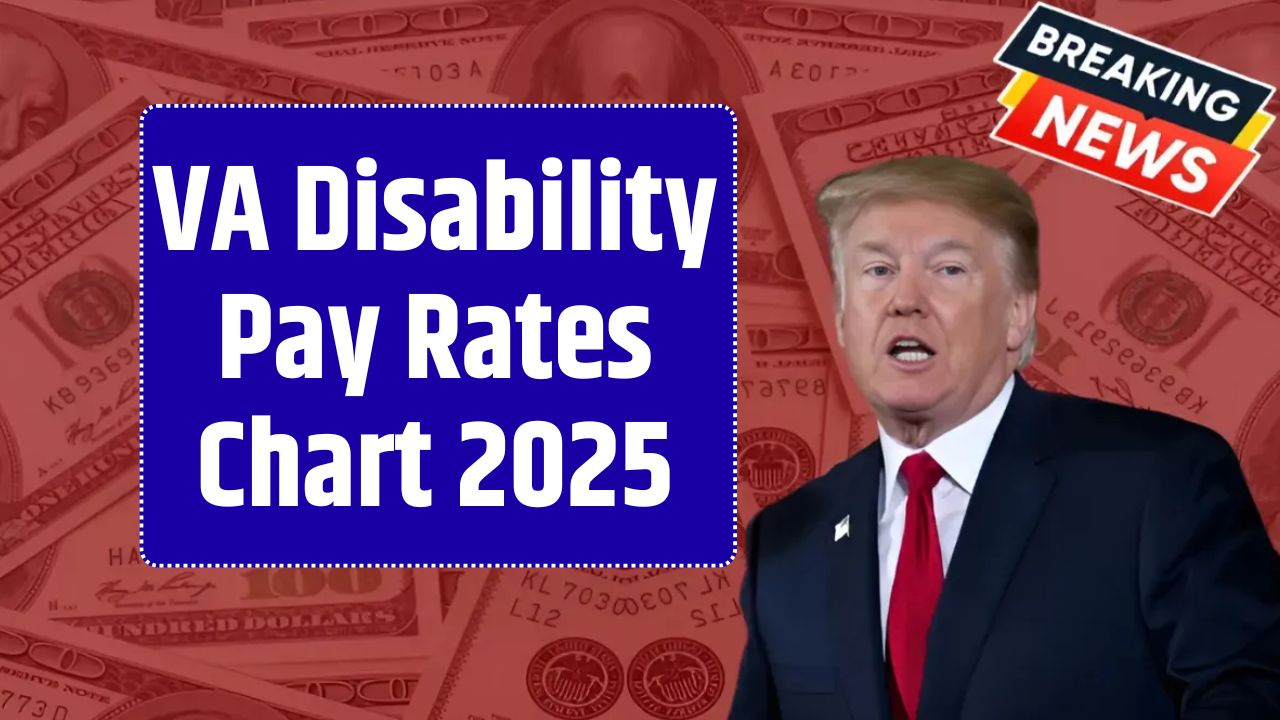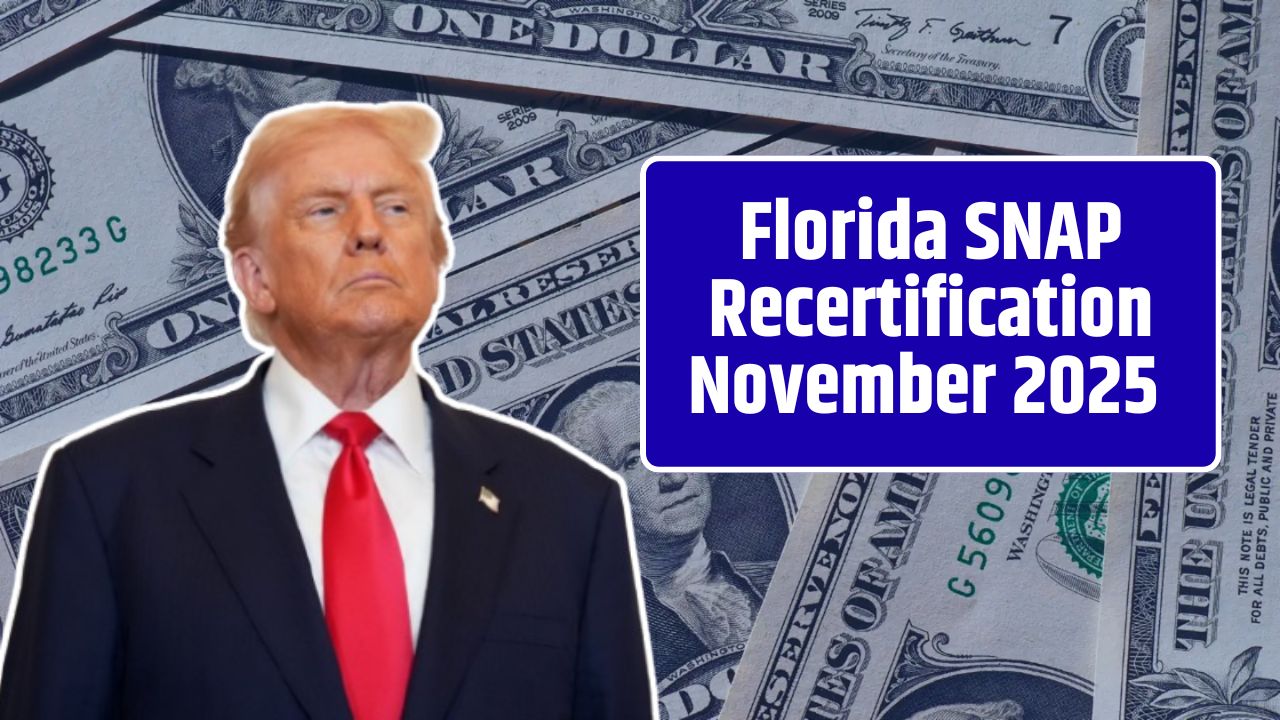When the federal government shut down on October 1, 2025, anxiety rippled through every corner of the country. Federal workers worried about missed paychecks. Parents feared delays in childcare subsidies. And retirees—more than 71 million Americans who rely on Social Security or SSI—asked the same urgent question: Will my benefits stop?
The short answer, thankfully, is no. Despite the political standoff freezing parts of Washington, the Social Security Administration (SSA) has confirmed that payments will continue on schedule. For seniors, disabled workers, and low-income households, that’s a rare piece of good news in an otherwise messy situation.
Why Social Security Keeps Running When the Government Doesn’t
Government shutdowns happen when Congress fails to pass funding bills—in this case, a partisan fight over healthcare and spending caps. When appropriations lapse, agencies relying on discretionary funding must scale back operations, furloughing workers and pausing non-essential services.
But Social Security is different. It’s not part of the yearly budget fight.
The program is funded through mandatory spending, drawing money automatically from the Social Security Trust Funds, which are financed by payroll taxes under current law.
That means even when Congress grinds to a halt, Social Security’s payment machinery keeps humming. Benefits for retirees, survivors, disabled workers, and Supplemental Security Income (SSI) recipients are protected by statute—no fresh approval required.
As the SSA put it in its latest contingency plan:
“Payments to Social Security and SSI beneficiaries will continue uninterrupted. These funds are not dependent on annual appropriations.”
What’s Still Operating During the Shutdown
While the checks are still rolling out, field offices across the U.S. are running on skeleton crews. Only essential staff remain to handle core benefit services, fraud prevention, and system maintenance.
Here’s what you can still do in person or online:
- Apply for retirement, disability, or survivor benefits
- Appeal a denied claim
- Report a death (to prevent improper payments)
- Update your address, direct deposit, or citizenship status
- Request a replacement Social Security card
- Replace or report a missing payment
- Change your representative payee
- For SSI recipients: update living arrangements or income
In other words, anything that ensures you get paid accurately—or stops fraud—remains active.
What’s Temporarily Paused
Some lower-priority administrative services are on hold until Congress passes a budget.
| Service | Availability During Shutdown |
|---|---|
| Proof-of-benefits letters | Not available |
| Corrections to earnings records | Not available |
| Non-critical field office appointments | Paused |
| In-person Medicare card replacements | Paused |
| General customer service calls | Limited staffing, longer wait times |
SSA recommends using your mySocialSecurity account for most updates. It’s fully functional and faster than trying to reach an office right now.
November 2025 Payment Schedule
Even as the shutdown drags into its fourth week, the November Social Security and SSI payment calendar remains unchanged.
| Payment Type | Scheduled Date(s) | Notes |
|---|---|---|
| Supplemental Security Income (SSI) | October 31, 2025 | Paid early since Nov. 1 falls on a weekend |
| Social Security (new recipients) | Wed, Nov. 12 – Birth dates 1–10 | |
| Wed, Nov. 19 – Birth dates 11–20 | ||
| Wed, Nov. 26 – Birth dates 21–31 | No delays expected | |
| Dual beneficiaries (SSI + Social Security) | SSI: Oct. 31, 2025; Social Security: Nov. 3, 2025 | Standard dual-payment schedule |
If you receive direct deposit, expect funds by 9 a.m. local time on your scheduled date. Paper checks may take 3–5 extra business days depending on postal service operations, which could also be strained by the shutdown.
Official schedules are always available at ssa.gov/payment.
How to Avoid Disruptions
While your payments aren’t at risk, administrative bottlenecks are real. To stay ahead of any snags:
- Double-check your direct deposit. Electronic payments are faster and more secure than paper checks.
- Create or log in to your mySocialSecurity account. You can verify benefits, print statements, or report changes without calling or visiting an office.
- Hold off on general inquiries. Wait times at call centers are long. Handle urgent matters only.
- Keep documents handy. Store your award letters, bank info, and Social Security card in a safe place.
- Watch for scams. The SSA never emails, calls, or texts asking for personal data. Any message claiming your benefits are “at risk” during the shutdown is fraudulent.
What About Medicare and Other Programs?
Like Social Security, Medicare continues uninterrupted — hospitals, pharmacies, and providers are still being paid. However, customer service and enrollment assistance may be slower.
Programs that are at risk include:
- HUD housing assistance, which could see delayed rent subsidies
- WIC (Women, Infants, and Children) nutrition benefits, which rely on discretionary funding
- National parks, IRS taxpayer services, and federal courts, which may reduce operations
Why This Shutdown Feels Different
The 2025 shutdown marks one of the largest federal stoppages in decades, hitting during an election year with partisan tensions running high. Unlike the short shutdowns of 2018 and 2023, this one arrived amid high inflation and public fatigue over rising living costs.
For older Americans—many living on fixed incomes—the reassurance that Social Security checks remain safe is vital. But frustration is growing over the politics that keep creating these recurring crises.
“We earned those benefits,” said Marcia Daniels, 72, a retired nurse from Ohio. “They shouldn’t be political hostages every time Congress can’t agree on a bill.”
FAQs:
Will the government shutdown delay my Social Security payment?
No. Social Security benefits are mandatory spending, funded by payroll taxes, and not affected by annual budget lapses.
Will SSA offices remain open?
2. Will SSA offices remain open?
Yes, but with limited staffing. Essential services continue, while non-critical appointments are paused.
Can I still apply for benefits?
Yes. Applications for retirement, disability, and survivor benefits remain available online and in field offices.













